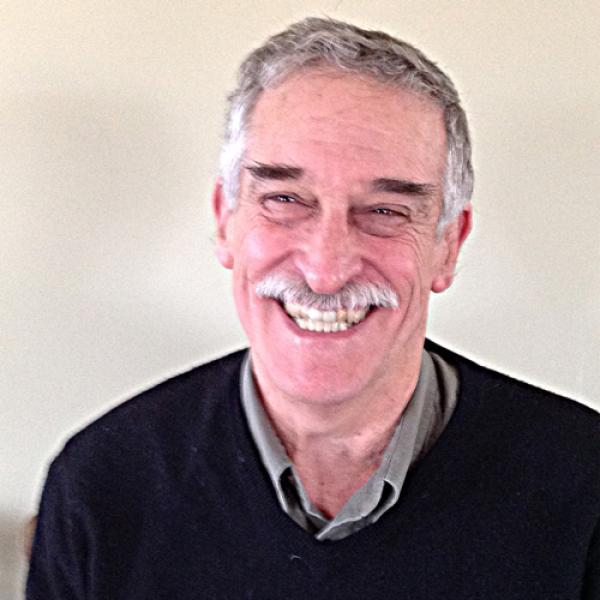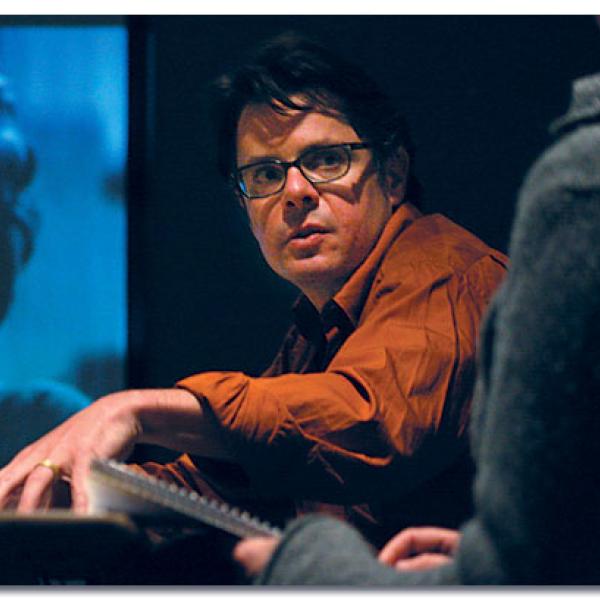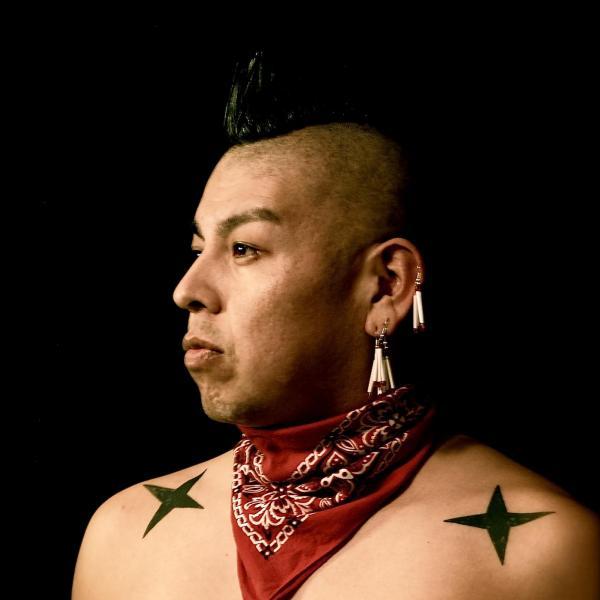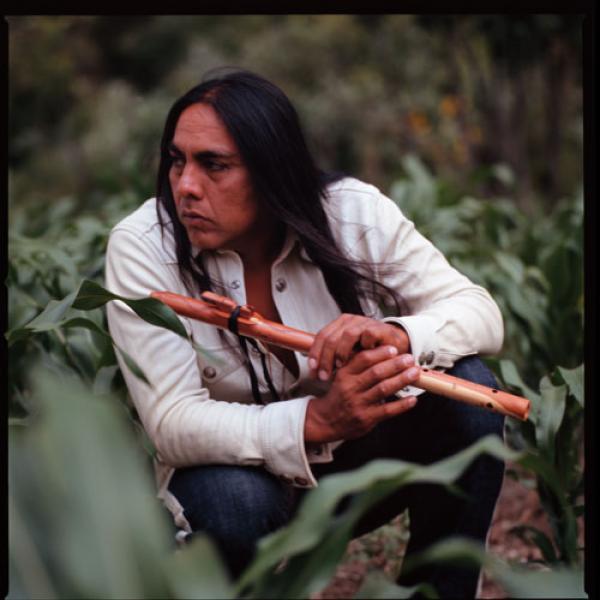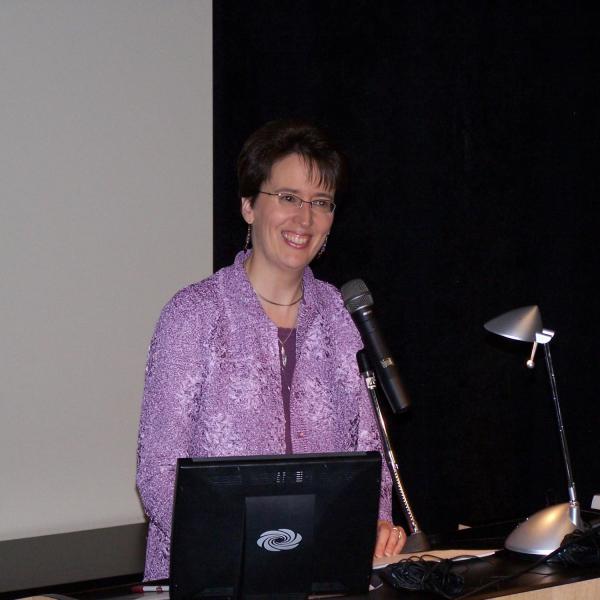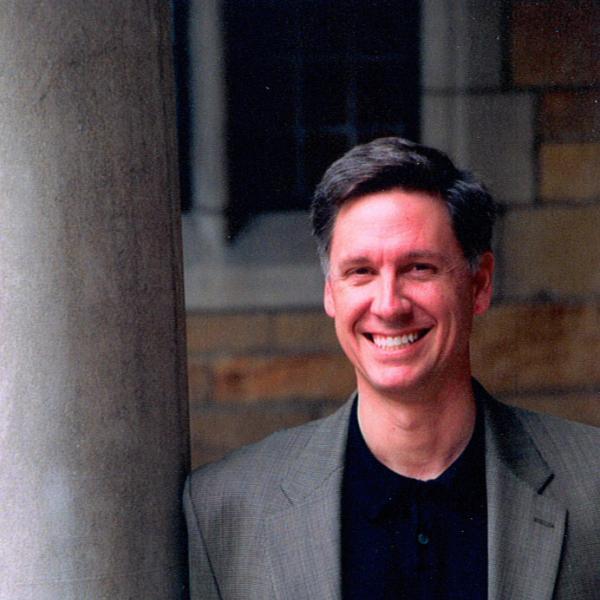Modern Indian Identity
Twenty-first-century Indian people face a particular and peculiar dilemma with history and time. Novelists and filmmakers have had extraordinary success in romanticizing the Western past, and one result is this: in the minds of many non-Indians, the only “real Indians” are nineteenth-century Plains horsemen riding after bison and circling around emigrant wagon trains. This stereotype leaves no room for two crucial facts: first, Indian people, in the past and present, made their livings in hundreds of different ways, from corn-farming to salmon-fishing, from the gathering of acorns to the trading of goods from one region to another; second, Indian people in our times both carry on ancient cultural traditions and live, with familiarity and ease, in the modern world.
This program features a series of contemporary Indian speakers telling their stories in ways that confirm the compatibility of tradition with innovation. The speakers have a profound tie to their peoples’ pasts, and they have also adapted with agility and enterprise to the conditions of our times. They have, in other words, triumphed over the stereotypes of “real Indians” as people sequestered and set apart in a lost past.
Special Thanks!
As of 2015, the Modern Indian Identity series is made possible through the generosity of Liz and Tony Moores.
Past Modern Indian Identity events were made possible by the Carlston Family.
[video:https://www.youtube.com/watch?v=A0Fllnz3o5s]
February 21, 2017
October 26, 2015
February 18, 2015
February 15, 2015
February 15, 2015
February 16, 2012
September 29, 2011
December 2, 2010
September 17, 2009
April 23, 2009
September 17, 2008
March 19, 2008
October 25, 2007
April 16, 2007
June 12, 2006





